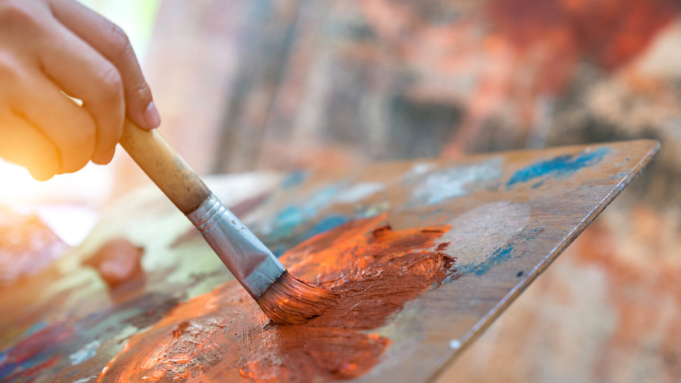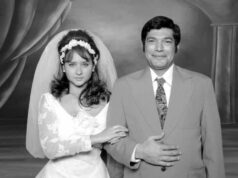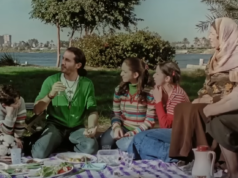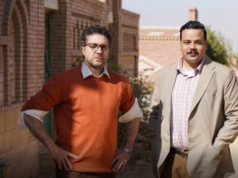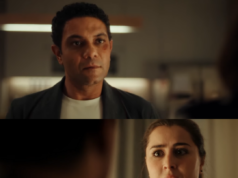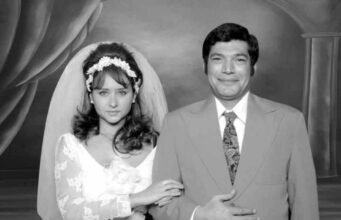Therapy doesn’t come in one shape or form, which is something we all know. But did you know that art is now an evidence-based therapeutic modality? No, well, now you do so you can pick whichever type of therapy you find suitable for you, or try them all if you’re not sure!
Art Therapy: Freedom From Depression
Art can permeate the deepest parts of us, giving all our feelings a visible form, whether by drawing, writing, singing or dancing. Art therapy is a unique approach to depression treatment that helps you get in touch with your feelings and use creative expression as an outlet.
This type of therapy can be used to identify and change the negative thoughts and emotions that are associated with depression.
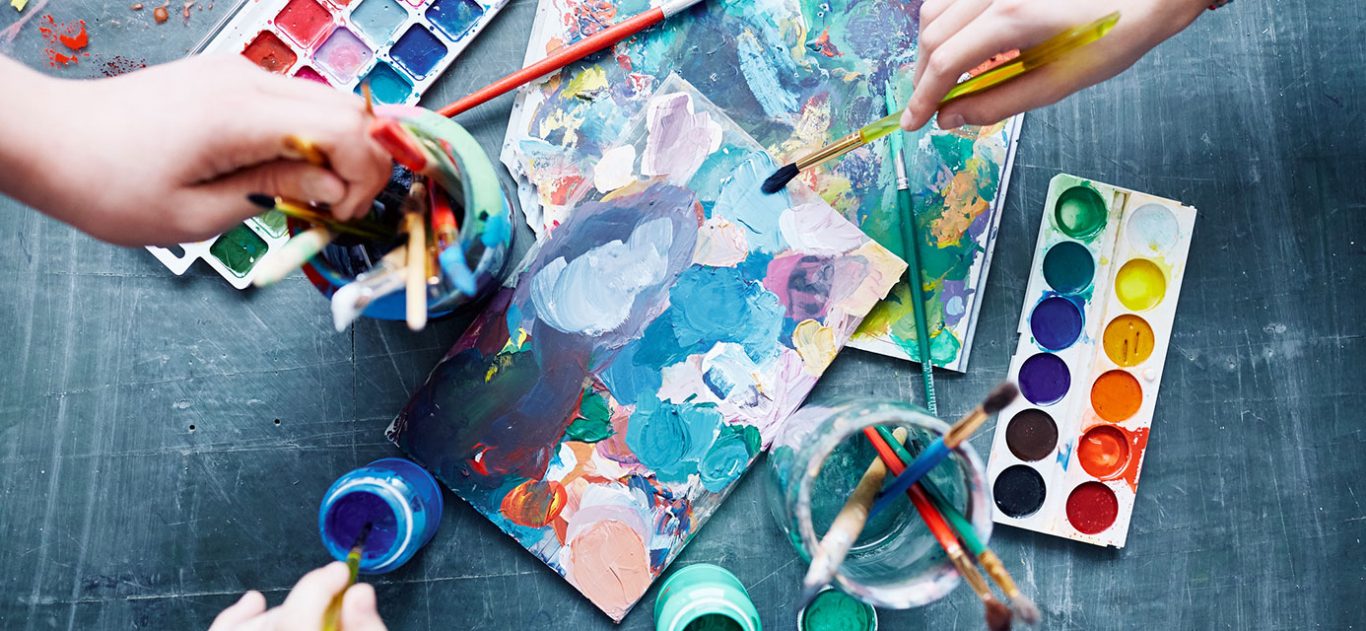

“Art therapy for depression is a complementary treatment, not a substitute for the more traditional depression treatment.” says Routa Segal, certified creative art therapist. “Every time you create art, you are taking a picture in time. Like a snapshot from a dream, it can reveal what you need to know, and it’s yours to keep.”
If you’re battling with negative thoughts, the following activities could be a perfect tool for you to beat these thoughts, better yet replace them with positive happy ones.
Dance Movement Therapy
Dance movement therapy (also known as dance therapy) requires using body movement and dance. For example, you might explore different types of movements and rhythms. You don’t need to have any dance skills or experience.
Some people say dance movement therapy has helped them to feel more in touch with their body and their physical surroundings, address difficult feelings about their body or appearance, or explore difficult feelings or experiences through movement rather than words or mastering the art of letting go and just be themselves.
Drama Therapy
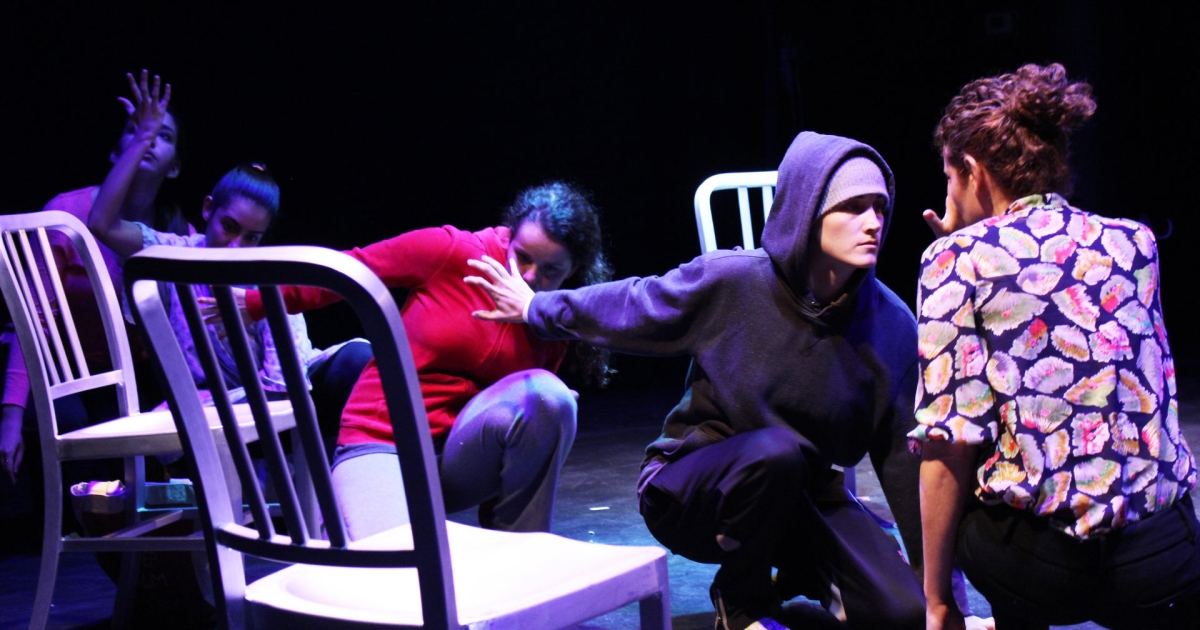

Drama therapists are trained to help you explore different types of drama and performance activities that might be helpful for you. For example, you might invent characters, tell stories, improvise scenes, do physical mimes or use puppets or masks. You don’t need to have any acting or theatre skills or experience.
Music Therapy
Studies have shown that music can regulate the activity of brain regions that are involved in the initiation, generation, maintenance, termination, and modulation of emotions. You don’t need to have any musical knowledge or experience.
All human beings are able to respond to music, and music therapy uses this connection to help you have a therapeutic experience. This type of therapy will help you explore new ways of communicating and expressing your feelings.
Visual Art Therapy
Art therapy involves the use of creative techniques such as drawing, painting, collage, coloring, or sculpting to help people express themselves artistically and examine the psychological and emotional undertones in their art.
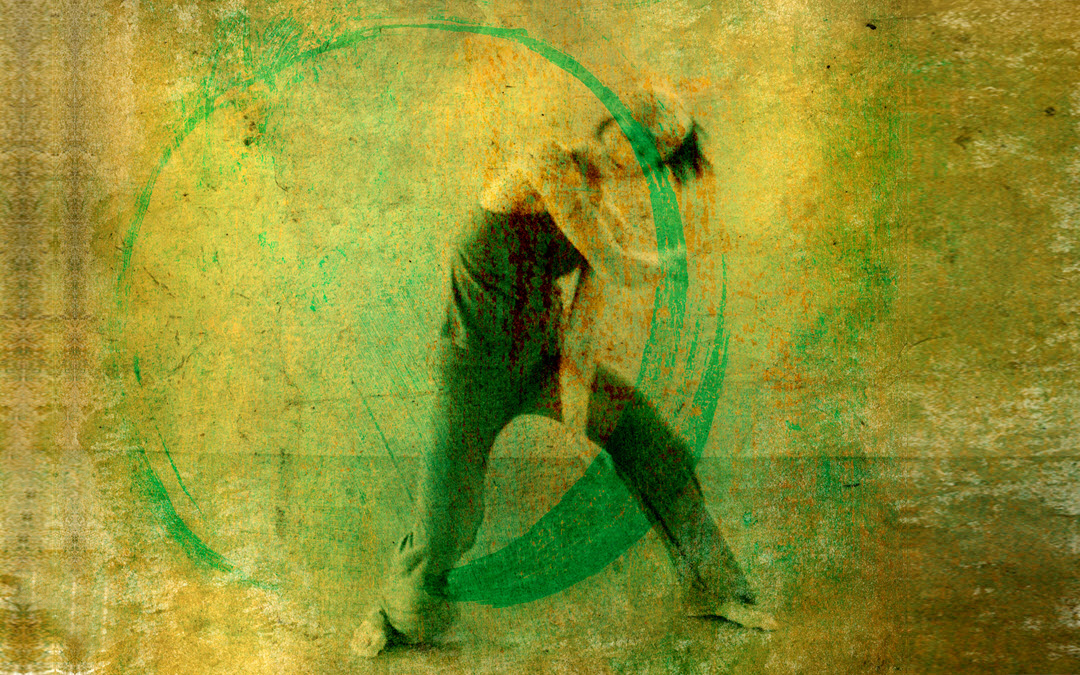

With guidance, you can decode the nonverbal messages, symbols, and metaphors often found in these art forms, which should lead to a better understanding of your feelings and behavior so you can move on to resolve deeper issues.


